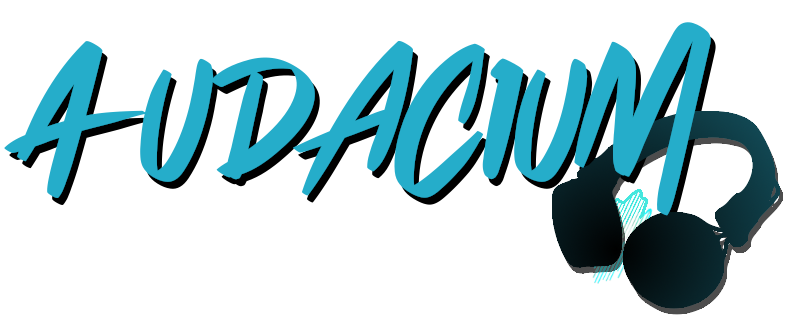Made by mish1
=========================
I'm currently searching for contributors as I can't keep up the project alone. If you're interested to become one, make an issue!
The goals Audacium is trying to achieve are pretty simple :
- Restoring Audacity to what it was before, with no crash reporting (GH Issues exist for that), or very simple update checking (only at startup, not periodically)
- Adding new features people want, listening closely to the community
- Make the code base easier to work with, less confusing for a newbie
Audacium is an easy-to-use, multi-track audio editor and recorder for Windows, macOS, GNU/Linux and other operating systems. Developed by a group of volunteers as open source.
- Recording from any real, or virtual audio device that is available to the host system.
- Export / Import a wide range of audio formats, extendible with FFmpeg.
- High quality using 32-bit float audio processing.
- Plug-ins Support for multiple audio plug-in formats, including VST, LV2, AU.
- Macros for chaining commands and batch processing.
- Scripting in Python, Perl, or any language that supports named pipes.
- Nyquist Very powerful built-in scripting language that may also be used to create plug-ins.
- Editing multi-track editing with sample accuracy and arbitrary sample rates.
- Accessibility for VI users.
- Analysis and visualization tools to analyze audio, or other signal data.
For end users, the latest Windows and macOS release version of Audacium is available here. There is also an AUR package for Arch Linux users. Help with using Audacium is available from the Matrix room or via the Discord server (the two are bridged together).
Build instructions are available here.
More information for developers is available from the wiki.
Submit a pull request and we'll merge it!
You can donate to me via PayPal using the Sponsor button and going to my Liberapay page, or support me via Bitcoin or Monero :
Bitcoin and Monero : I lost my wallets :/
